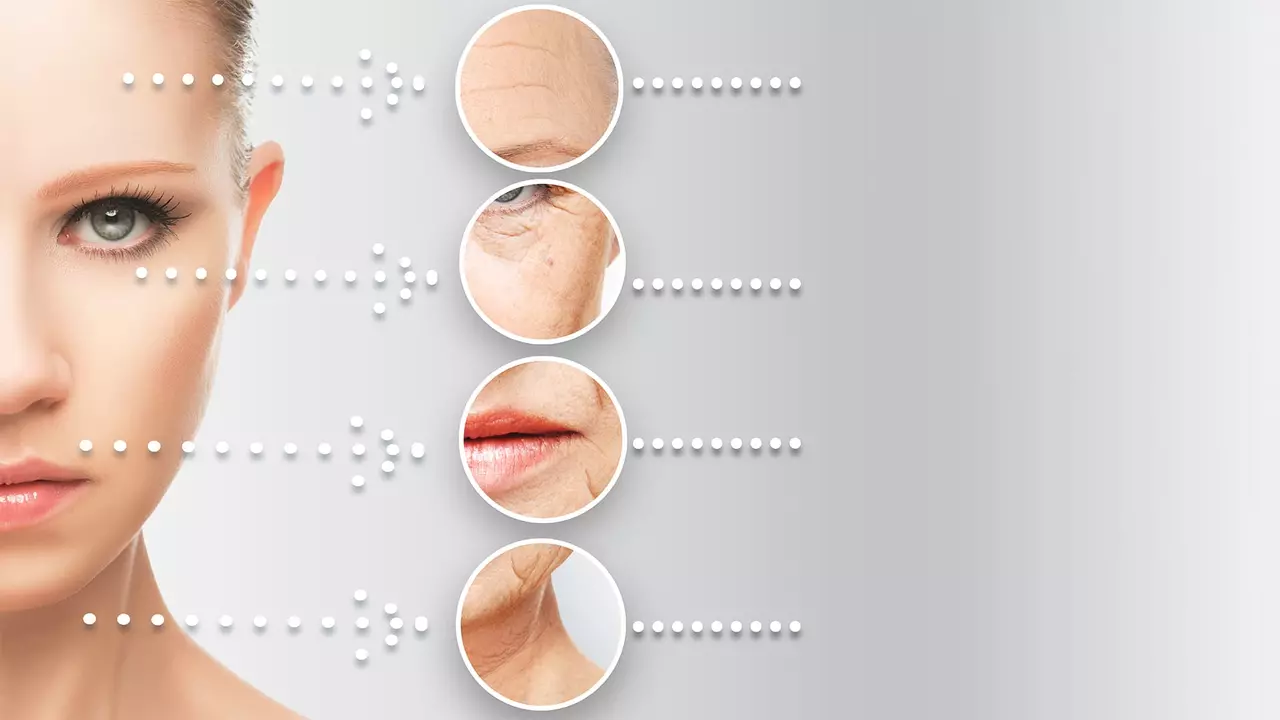Scar Healing: Quick Ways to Help Your Skin Recover
If you’ve ever noticed a mark after a cut or surgery, you know how annoying scars can be. The good news is that most scars improve with the right care. Below are easy steps you can start today to give your skin the best chance to heal fast and look smoother.
Top Home Remedies That Actually Work
First off, keep the wound clean. Rinse gently with mild soap and water, then pat dry – no rubbing. A thin layer of petroleum jelly creates a barrier that stops scab formation and keeps skin moist, which speeds healing.
Silicone sheets or gels are another go‑to. They’re cheap, easy to apply, and clinical studies show they flatten raised scars in weeks. If you don’t have silicone products, try a clean, thin cotton cloth soaked in aloe vera gel; the plant’s natural anti‑inflammatory properties help soften scar tissue.
Massage can make a big difference. Once the skin is fully closed (usually after 2–3 days), use your fingertips to rub the area in circular motions for a minute or two, twice daily. This breaks down excess collagen and improves blood flow, which reduces thickness over time.
When to See a Doctor
Most minor scars heal on their own, but there are red flags. If you notice excessive redness, swelling, pus, or the scar gets larger after two weeks, get professional help. These signs could mean infection or abnormal scar formation.
A dermatologist can offer treatments like steroid injections for thick keloids, laser therapy to smooth texture, or prescription‑strength silicone products. Early intervention often yields better results, so don’t wait too long if the scar looks unusual.
Also, protect any new scar from the sun. UV rays darken pigment and make scars stand out. Apply a broad‑spectrum SPF 30+ sunscreen daily, even on cloudy days, for at least a month after the wound closes.
Nutrition matters too. Foods rich in vitamin C (citrus, berries) and zinc (nuts, beans) support collagen remodeling. Staying hydrated helps skin stay flexible, which reduces tightness around the scar.
If you’re dealing with a large surgical scar or burn, consider pressure garments. These are specially designed sleeves or sheets that apply gentle pressure, flattening the tissue as it heals.
Remember, every body heals differently. Some people see improvement in weeks; others need months. Consistency is key—keep up with cleaning, moisturizing, and protection, and you’ll notice the scar fading faster than you expect.
Got a specific scar concern? Use our search bar to find articles on silicone gels, laser treatments, or natural oils that match your situation. Your skin can look better; it just needs the right routine.
The benefits of collagen supplements for scar healing
I recently discovered the incredible benefits of collagen supplements for scar healing. Collagen, a protein naturally found in our bodies, plays a crucial role in the wound healing process, ensuring our skin remains strong and resilient. By taking collagen supplements, we can improve the appearance of scars by promoting faster healing and improving skin elasticity. Not only that, but these supplements can also benefit our overall skin health and reduce visible signs of aging. I think collagen supplements are a fantastic addition to anyone's skincare routine, especially if you're looking to heal scars and maintain youthful, healthy skin.

